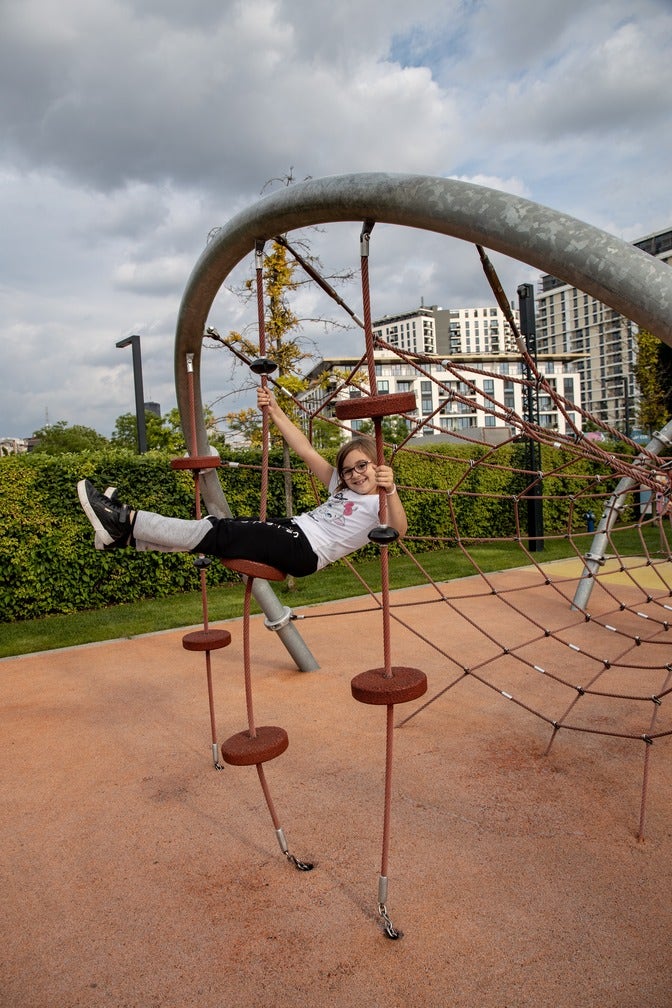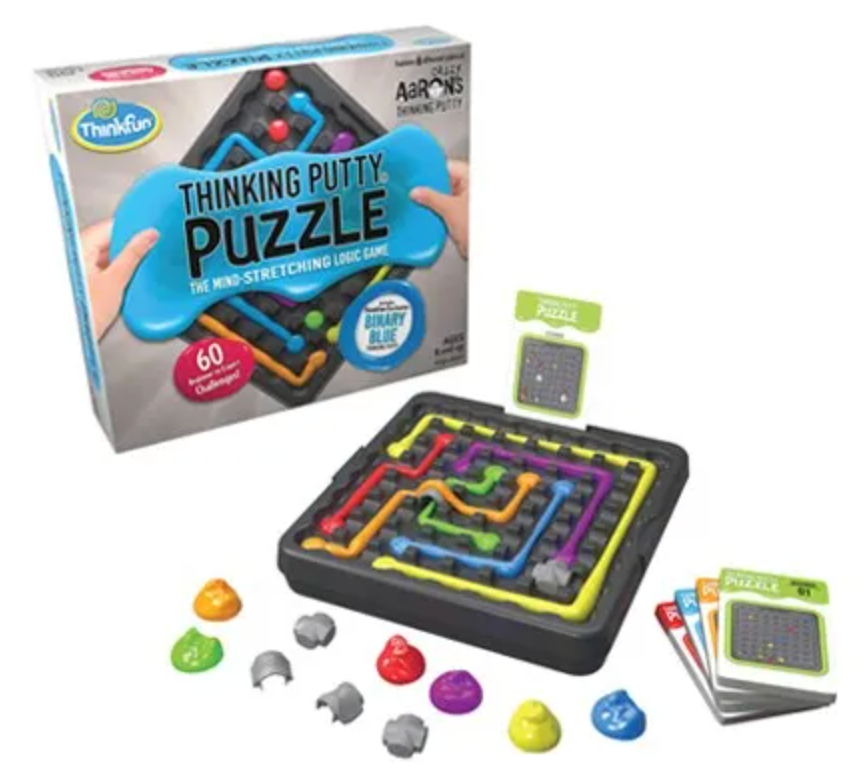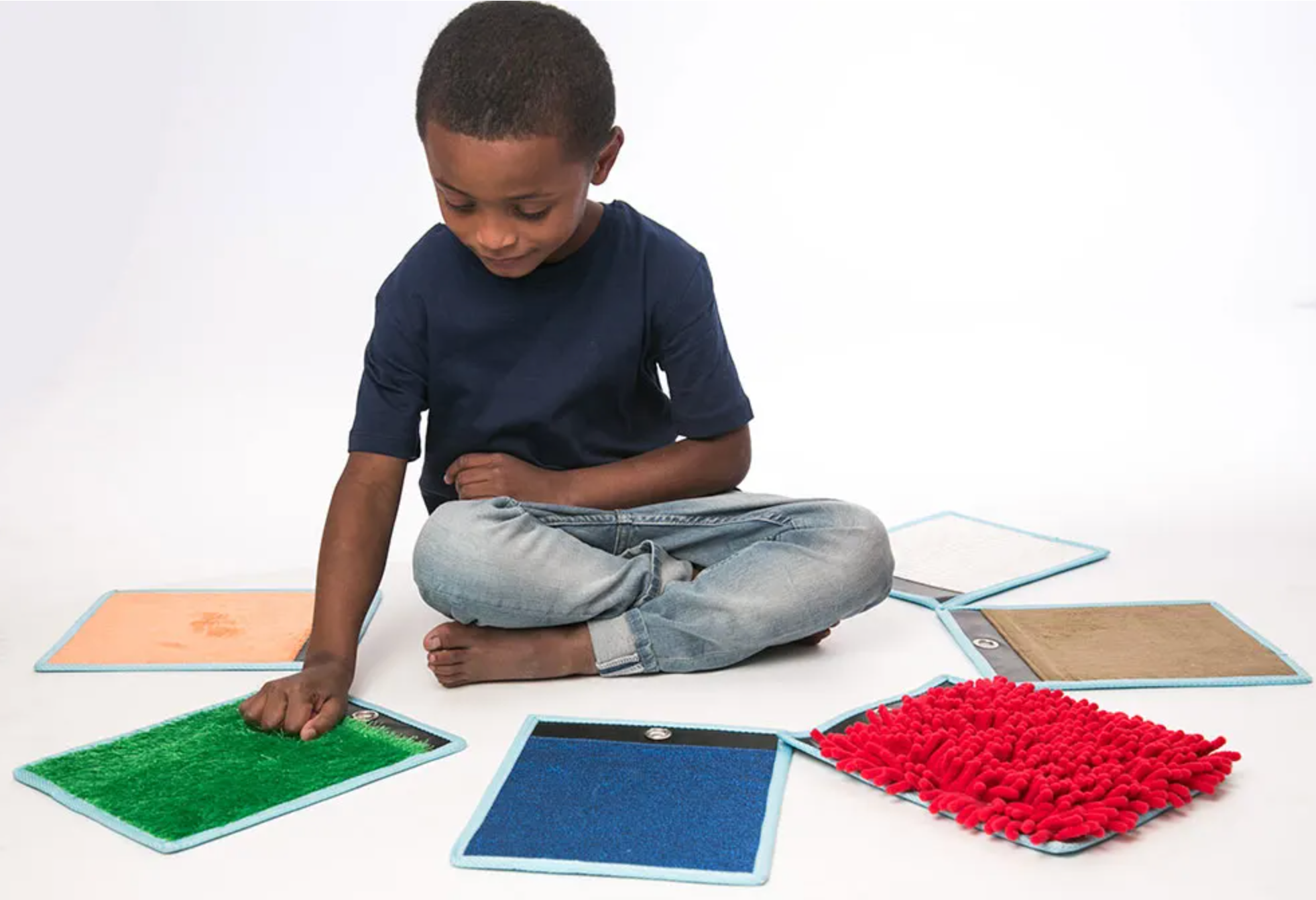Scholar's Choice


Risky play, also known as adventurous play or play that involves some level of risk, is increasingly recognized as an important component of early years education programs. Here are several reasons why risky play is considered valuable:
1) Physical Development
Risky play promotes physical development and builds gross and fine motor skills. Activities such as climbing, jumping, balancing, and exploring challenging terrains or heights enhance children's coordination, strength, balance, and spatial awareness.
2) Risk Assessment and Decision Making
Engaging in risky play allows children to assess risks and make decisions independently. They learn to evaluate their capabilities, consider potential hazards, and make informed choices. This helps develop their risk assessment and decision-making skills, fostering confidence and self-reliance.




3) Emotional Resilience
Risky play provides opportunities for children to face and manage fear, uncertainty, and discomfort in a controlled environment. They learn to cope with and regulate their emotions, building emotional resilience and self-confidence. Overcoming challenges in risky play can contribute to a sense of achievement and personal growth.
4) Problem Solving and Critical Thinking
Risky play encourages problem-solving and critical thinking skills. Children encounter situations that require them to navigate obstacles, adapt their strategies, and find solutions. They develop creativity, resourcefulness, and the ability to think on their feet, enhancing their cognitive abilities.
5) Social Skills and Collaboration
Risky play often involves group or cooperative activities, fostering social interaction and collaboration. Children learn to negotiate, communicate, and work together to overcome challenges. Risky play promotes teamwork, empathy, and the development of social skills that are essential for positive relationships and future success.
6) Resilience and Perseverance
Engaging in risky play exposes children to manageable levels of risk, helping them develop resilience and perseverance. They learn to persist in the face of setbacks or failures, as they understand that taking risks can lead to new opportunities and personal growth.




7) Self-Regulation and Self-Control
Risky play requires children to manage their impulses, assess risks, and exercise self-control. They learn to listen to their instincts, make responsible choices, and regulate their behavior within reasonable boundaries. This contributes to the development of self-discipline and self-regulation skills.
8) Sensory Stimulation and Exploration
Risky play offers sensory-rich experiences that engage children's senses and stimulate their curiosity. They encounter different textures, surfaces, heights, and sensory stimuli, fostering sensory integration and cognitive development.
9) Connection to Nature
Risky play often occurs outdoors, providing children with opportunities to connect with nature. They can explore natural environments, experience different weather conditions, and develop an appreciation for the natural world. Nature play has numerous benefits for physical, mental, and emotional well-being.
10) Joy, Fun, and Engagement
Risky play is inherently enjoyable for children. It brings a sense of adventure, excitement, and joy to their play experiences. By allowing children to engage in activities they find thrilling and captivating, risky play contributes to their overall well-being and enjoyment of learning.


It's important to note that while risky play is valuable, it should be balanced with appropriate supervision, safety measures, and age-appropriate challenges. Educators and caregivers play a crucial role in creating supportive environments that encourage and facilitate safe and beneficial risky play experiences for young children.

